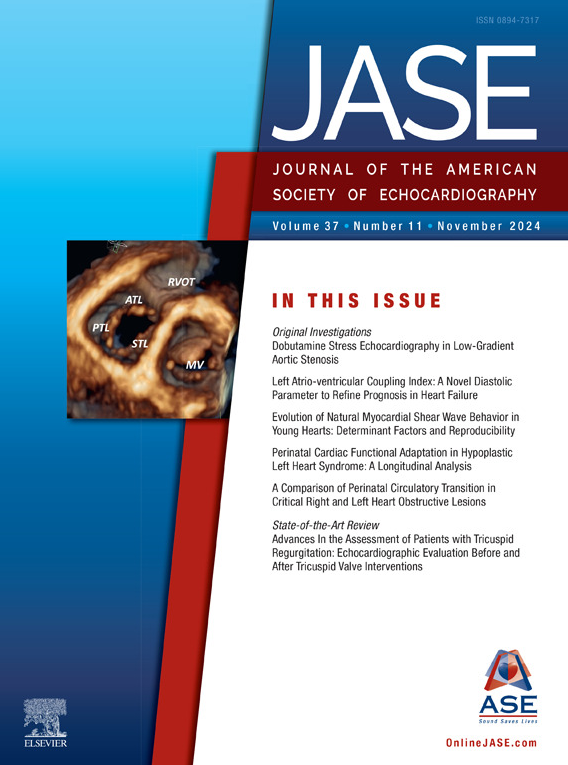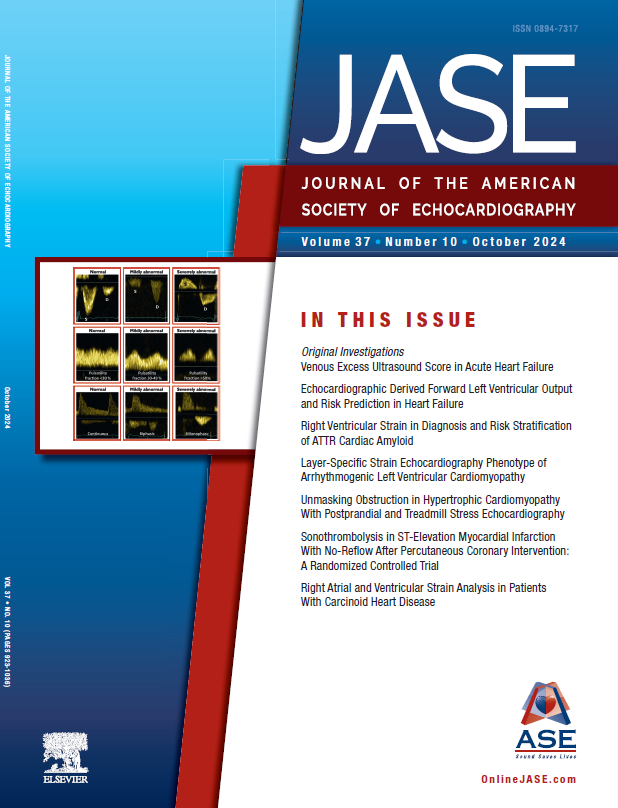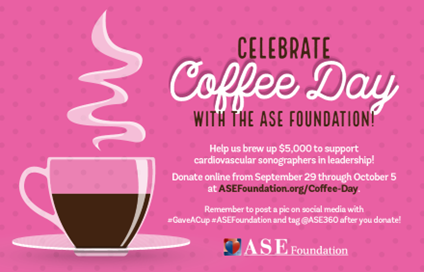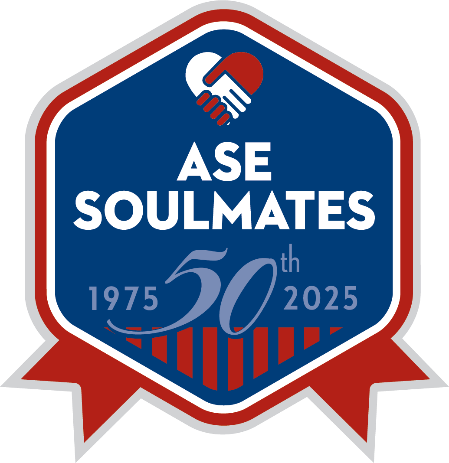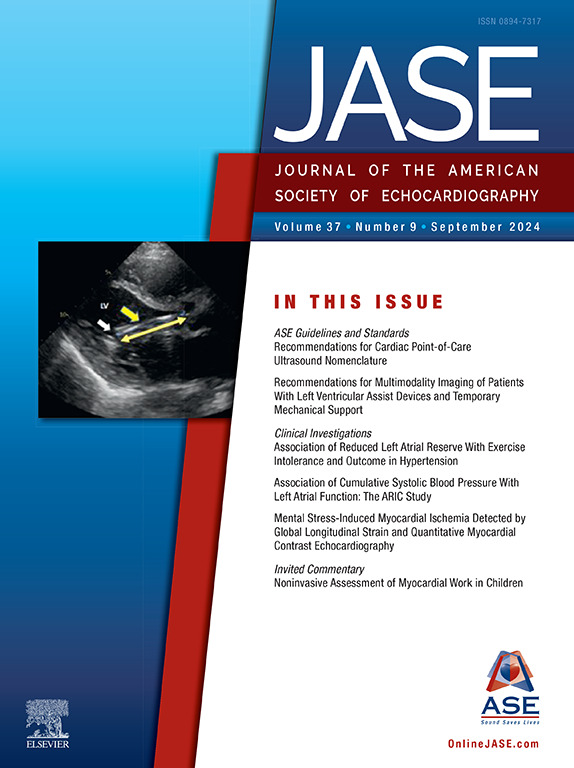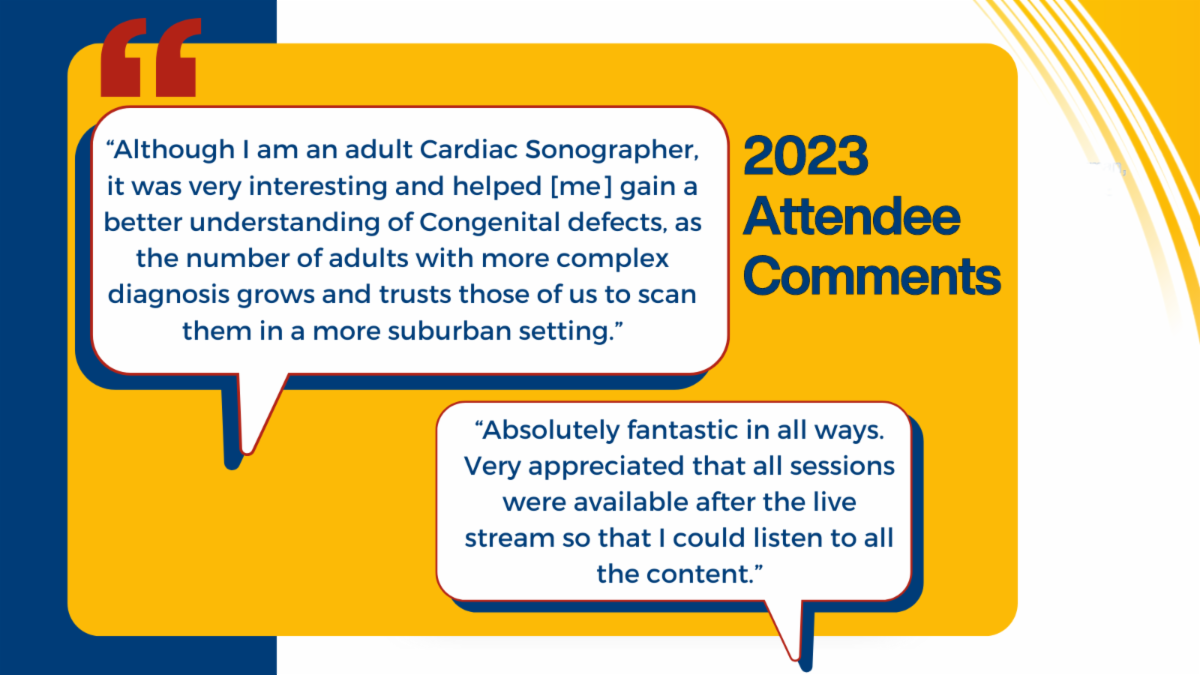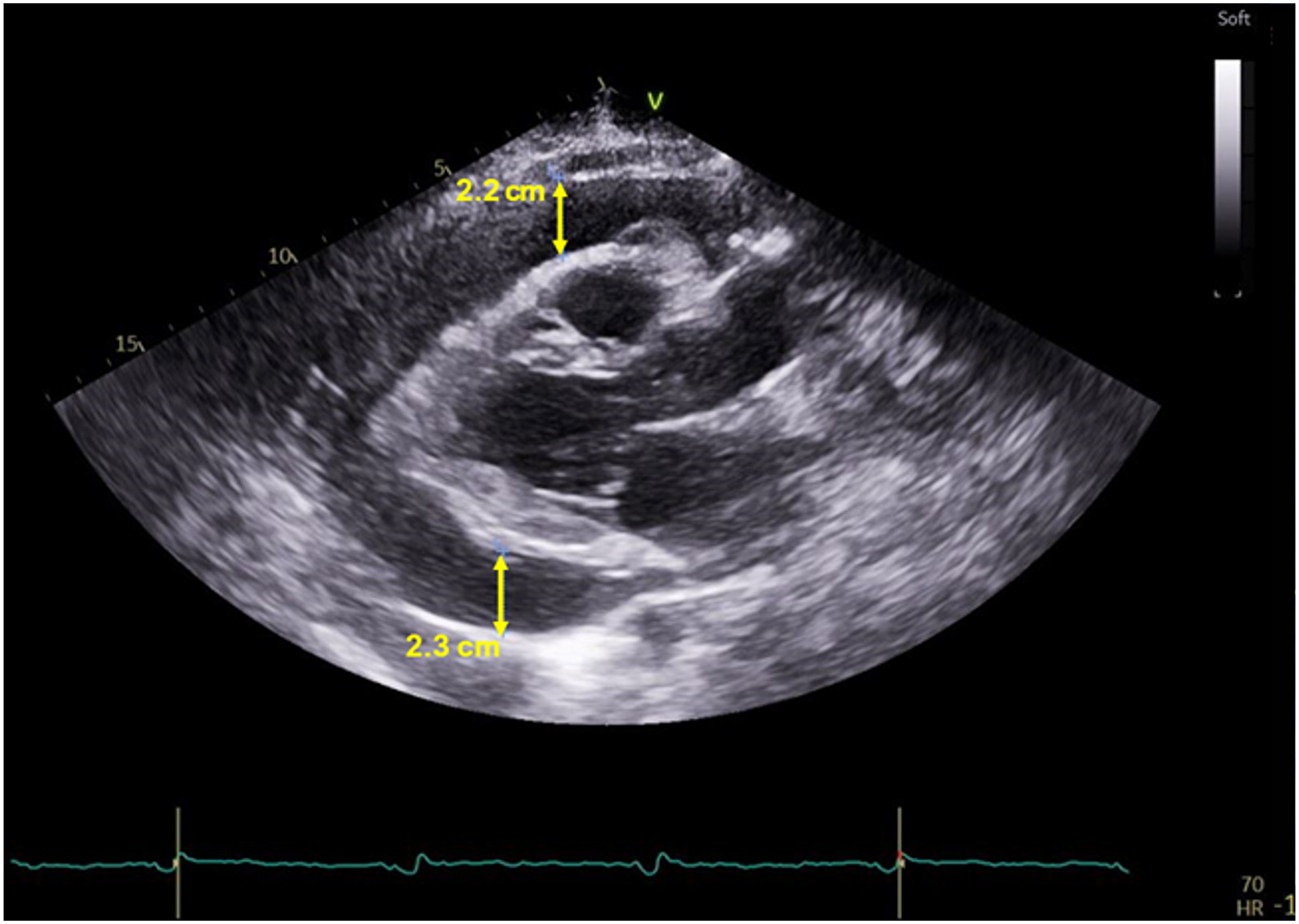The latest issue of CASE is now available with intriguing reports, including “Exaggerated Pressure Recovery during Pregnancy: A Multimodal Approach to Assessment of Prosthetic Aortic Stenosis Severity.” CASE Editor-in-Chief Vincent Sorrell, MD, FASE, remarked, “Connor et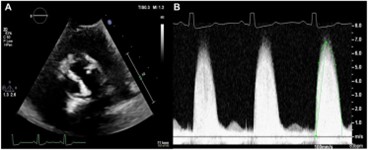 al. reported serial Doppler echocardiography on a complex young, pregnant woman with Turner syndrome, prior aortic valve and ascending aortic surgery. They compare findings to both baseline and an earlier uncomplicated pregnancy, including mean and peak CWD gradients, indexed effective orifice areas (note: indexing is important, given the history of Turner and suspected short stature), invasive hemodynamics, and a dynamic cardiac CT of the prosthetic AVR for correlation. The major discrepancies between echo and cath stimulated the authors to write this report which provides readers with a fabulous discussion regarding the many factors that contributed. These differences were the results of her progressing pregnancy, previous valve and aortic surgery, and important impact of pressure recovery phenomenon. If you enjoy cardiovascular physiology and the many factors that alter echo hemodynamics, be sure to read all about it.”
al. reported serial Doppler echocardiography on a complex young, pregnant woman with Turner syndrome, prior aortic valve and ascending aortic surgery. They compare findings to both baseline and an earlier uncomplicated pregnancy, including mean and peak CWD gradients, indexed effective orifice areas (note: indexing is important, given the history of Turner and suspected short stature), invasive hemodynamics, and a dynamic cardiac CT of the prosthetic AVR for correlation. The major discrepancies between echo and cath stimulated the authors to write this report which provides readers with a fabulous discussion regarding the many factors that contributed. These differences were the results of her progressing pregnancy, previous valve and aortic surgery, and important impact of pressure recovery phenomenon. If you enjoy cardiovascular physiology and the many factors that alter echo hemodynamics, be sure to read all about it.”
Panidapu et. al add to this Hemodynamic Corner category with their report on how coexistent severe tricuspid regurgitation can lead to underestimating the severity of mitral stenosis. Two reports in the Cardiac Tumors and Pseudotumors category uphold the importance of echo through the discovery of a large right atrial thrombus and pulmonary embolism in a 22-month-old girl, and a case of synchronous cardiac diffuse B-cell lymphoma, treated successfully by chemotherapy after early rapid diagnosis with echocardiography. Coronary Artery Disease rounds out this issue, reporting on the methods of echocardiographic detection of a partially obscured ventricular septal defect in a patient with a post-infarction ventricular septal rupture.
In the spirit of Thanksgiving, be sure to read Dr. Sorrell’s editorial as he expresses gratitude for all that the field of echocardiography bestows upon its patients and practitioners.
SUBMIT your case report to us! Whether it will be your first time submitting a case or your 50th, we are here to make it a great experience. Email us with questions or submit your report today!

